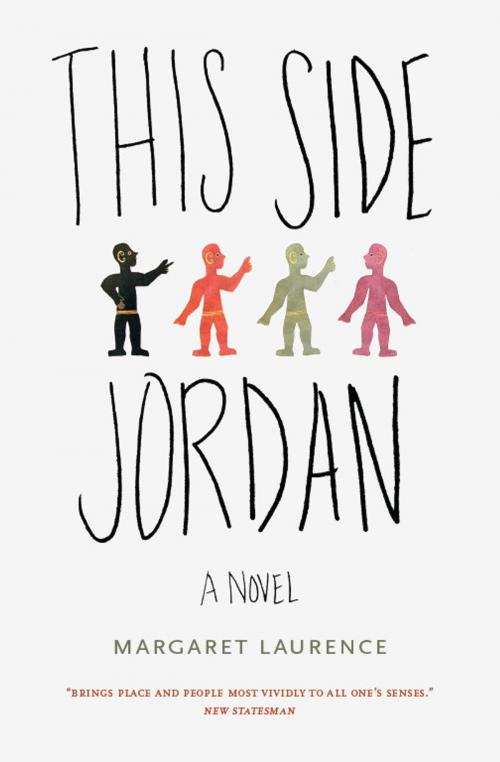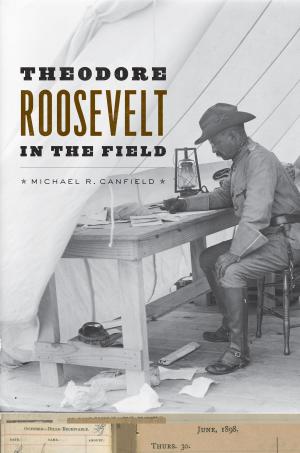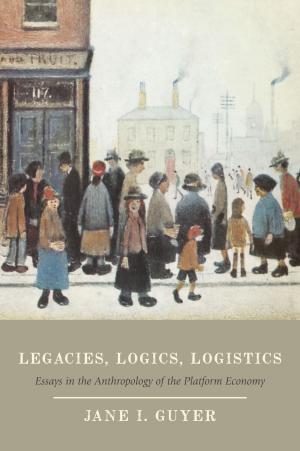| Author: | Margaret Laurence | ISBN: | 9780226923895 |
| Publisher: | University of Chicago Press | Publication: | October 12, 2012 |
| Imprint: | University of Chicago Press | Language: | English |
| Author: | Margaret Laurence |
| ISBN: | 9780226923895 |
| Publisher: | University of Chicago Press |
| Publication: | October 12, 2012 |
| Imprint: | University of Chicago Press |
| Language: | English |
Best known for her novels about the Canadian prairie, Margaret Laurence began her career writing about West Africa. Based on her experience living with her husband on the Gold Coast (now Ghana) in the years just before independence, This Side Jordan confronts issues of race relations, sexism, and colonial exploitation.
This lyrical, vivid novel addresses all of the tensions of the time: the excitement, anticipation, and dread felt by both the Africans and the English as they confronted a new order. The book’s hero, a school teacher torn between duty to his tribe and aspirations for his country’s future in the modern world, names his son “Joshua” as a sign of hope that he will claim and enjoy his homeland. This Side Jordan anticipates many of the political and racial issues that were to plague Ghana over the next fifty years. Evocative and poignant, it is a subtle study of the effects of colonialism, culture clash, and the resilience of hope in new political identity.
“Highly recommended as a good and timely read.”—Library Journal
Best known for her novels about the Canadian prairie, Margaret Laurence began her career writing about West Africa. Based on her experience living with her husband on the Gold Coast (now Ghana) in the years just before independence, This Side Jordan confronts issues of race relations, sexism, and colonial exploitation.
This lyrical, vivid novel addresses all of the tensions of the time: the excitement, anticipation, and dread felt by both the Africans and the English as they confronted a new order. The book’s hero, a school teacher torn between duty to his tribe and aspirations for his country’s future in the modern world, names his son “Joshua” as a sign of hope that he will claim and enjoy his homeland. This Side Jordan anticipates many of the political and racial issues that were to plague Ghana over the next fifty years. Evocative and poignant, it is a subtle study of the effects of colonialism, culture clash, and the resilience of hope in new political identity.
“Highly recommended as a good and timely read.”—Library Journal















